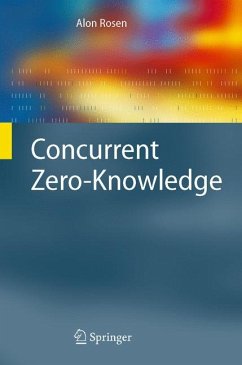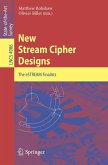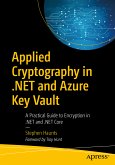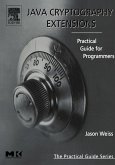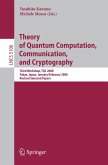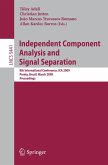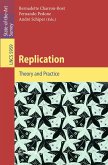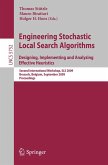Protocols that remain zero-knowledge when many instances are executed concurrently are called concurrent zero-knowledge, and this book is devoted to their study. The book presents constructions of concurrent zero-knowledge protocols, along with proofs of security. It also shows why "traditional" proof techniques (i.e., black-box simulation) are not suitable for establishing the concurrent zero-knowledge property of "message-efficient" protocols.
Dieser Download kann aus rechtlichen Gründen nur mit Rechnungsadresse in A, B, BG, CY, CZ, D, DK, EW, E, FIN, F, GR, HR, H, IRL, I, LT, L, LR, M, NL, PL, P, R, S, SLO, SK ausgeliefert werden.

